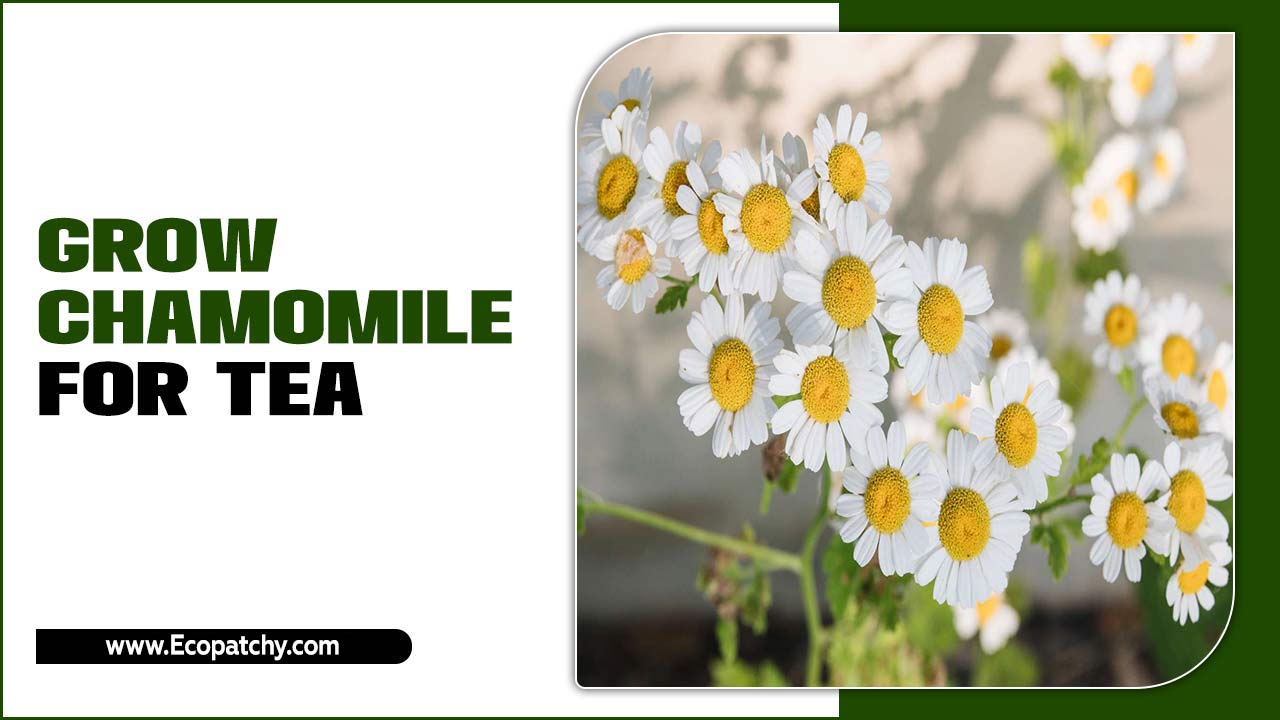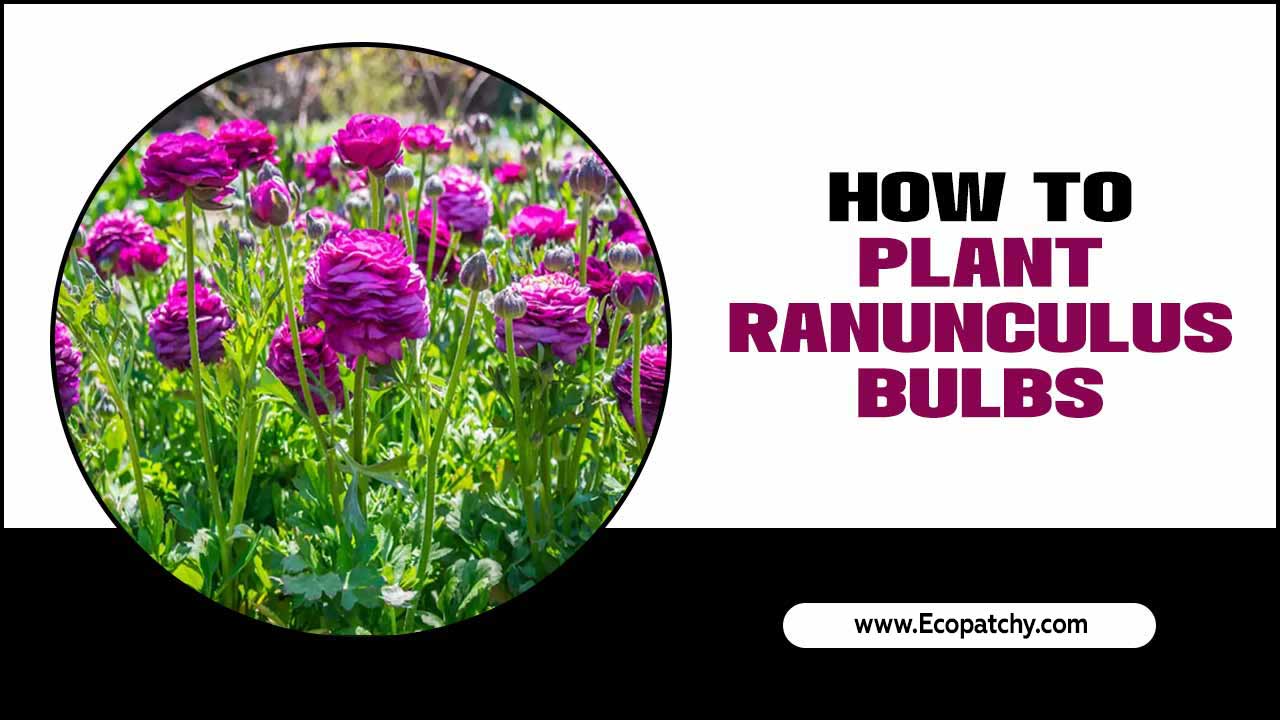Have you ever watched a garden grow? For many elderly people, gardening is more than just a hobby. It’s a way to connect with nature and enjoy the outdoors. Imagine spending a sunny afternoon, digging in the soil and planting colorful flowers. Doesn’t that sound relaxing?
Gardening for the elderly can bring joy and good health. Studies show that spending time in the garden can help reduce stress. It’s also a gentle exercise, helping to keep the body moving. Have you seen how happy a simple flower can make someone?
In this article, we will explore why gardening is great for older adults. We will share tips to make gardening easier and more fun. Let’s dig into the wonderful world of gardening for the elderly!
Gardening For The Elderly: Benefits, Tips, And Best Practices
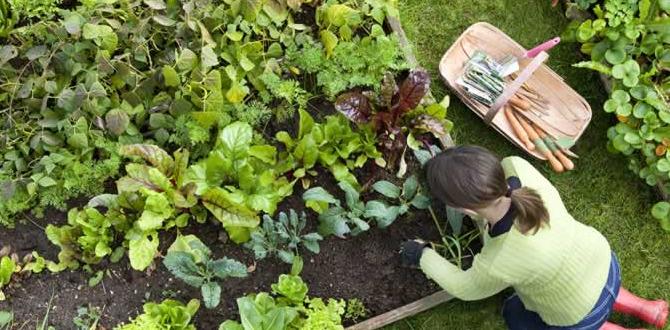
Gardening for the Elderly
Gardening can bring joy and wellness to elderly people. This relaxing hobby helps them stay active and boosts their mood. Did you know that digging in soil can reduce stress levels? Simple tasks like planting flowers or growing herbs can create a sense of purpose. Raised beds can make gardening easier for those with mobility issues. It’s not just about plants; it’s about finding peace and connection with nature. Why not encourage an elder you know to start a small garden?Benefits of Gardening for Seniors
Physical health advantages. Mental wellbeing and cognitive stimulation.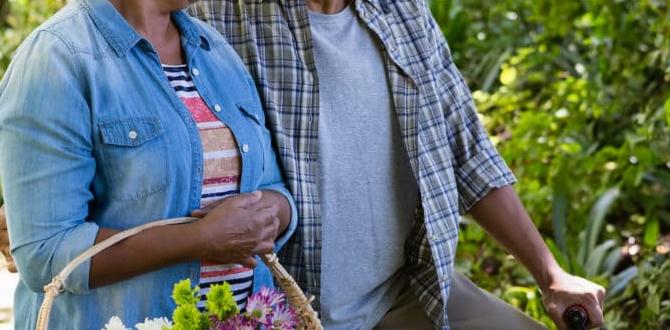
Gardening isn’t just for the young green thumbs! Seniors can enjoy many perks from this fun hobby. First, it keeps your body moving. Digging, planting, and weeding are great exercise. They help improve strength and balance. Plus, the fresh air is like free therapy!
But wait, there’s more! Gardening boosts brain power too. It keeps your mind sharp and focused. Creating a plan for your garden can be a fun puzzle to solve. Like a jigsaw, but with flowers instead of missing pieces!
| Benefit | Details |
|---|---|
| Physical Health | Improves strength, balance, and cardiovascular health. |
| Mental Wellbeing | Reduces stress, boosts mood, and sparks creativity. |
| Cognitive Stimulation | Enhances memory, focus, and problem-solving skills. |
So, grab your trowel! Gardening can be a delightful way for seniors to stay active and engaged.
Choosing the Right Garden Type
Container gardening vs. inground gardening. Raised garden beds and their benefits.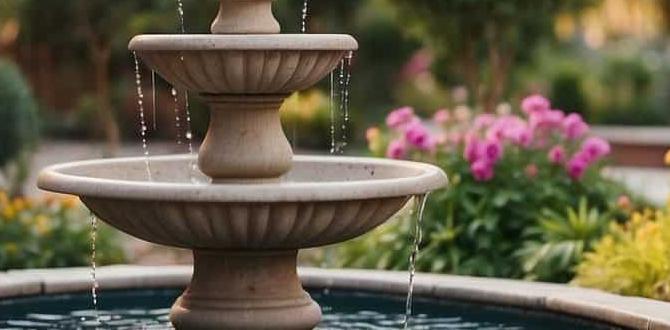
Not all gardens are created equal! For older adults, container gardening offers a fun and easy option. You can grow plants in pots right on your balcony or patio. No digging required! Inground gardening can be more challenging, especially if bending down is tough. Enter raised garden beds! These beds stand high enough to reach easily, reducing strain on the back. Not to mention, they can keep pesky pests at bay. Let’s weigh the options:
| Garden Type | Benefits |
|---|---|
| Container Gardening | Easy to manage, less bending, and portable |
| Inground Gardening | More space but harder to reach |
| Raised Garden Beds | Accessible, keeps pests away, and great for planting |
So, pick the style that suits you best. Happy gardening and may your plants thrive better than your neighbor’s!
Essential Gardening Tools for Elderly Gardeners
Ergonomic tools to reduce strain. Recommended accessories for ease of use.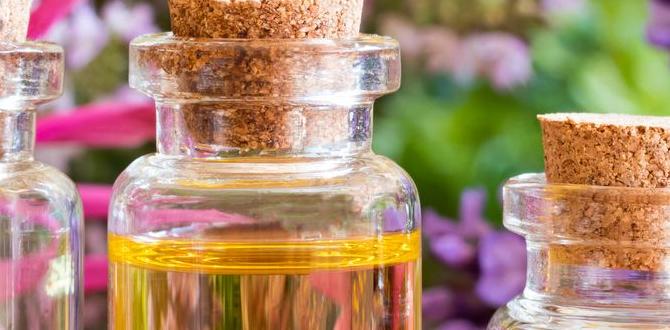
Gardening can be fun, but the right tools make it easier, especially for older gardeners. Ergonomic tools can help reduce strain on hands and backs. These tools are designed for comfort. Here are some recommended accessories:
- Ergonomic hand tools – They have soft grips to ease pressure.
- Raised garden beds – These save bending and straining.
- Lightweight hoses – Easy to handle and reduce fatigue.
- Garden kneelers – Provide support while planting and weeding.
Using these tools can make gardening enjoyable and less tiring for everyone.
What are some ergonomic tools for elderly gardeners?
Ergonomic tools include specially designed hand tools, raised garden beds, and lightweight hoses. These items help seniors enjoy gardening without as much effort.
Best Plants for Senior Gardeners
Lowmaintenance plants suitable for different climates. Edible plants that are easy to grow.Choosing the right plants can make gardening enjoyable for seniors. Low-maintenance plants are the best choice. Here are some great options:
- Succulents – They need little water and love sunny spots.
- Herbs like basil and mint are easy to grow. They add flavor to meals.
- Tomatoes can thrive in many climates. They are fun to harvest!
- Strawberries are sweet treats for the garden and easy to care for.
Plants like these make gardening both simple and tasty!
Which plants are easy to grow for seniors?
Easy plants include herbs, tomatoes, and strawberries. They require little care and provide great rewards. Easy gardening makes it enjoyable at any age!
Gardening Techniques for Accessibility
Implementing raised beds and wheelchairaccessible gardens. Vertical gardening options to maximize space.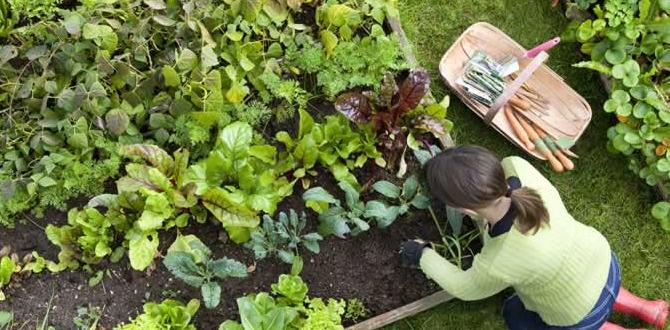
Gardening can be fun and rewarding, especially with the right techniques. Raised beds are great for seniors. They bring the soil closer. This makes it easier to reach plants without bending down. Wheelchair-accessible gardens are also helpful. They allow everyone to enjoy gardening, no matter their ability.
Vertical gardening can save space and make gardening easier. It lets you grow plants up instead of out. This means more flowers and veggies without needing a large area.
- Raised beds for easy access
- Wide paths for wheelchairs
- Vertical planters for herbs and flowers
What are some tips for accessible gardening?
Use raised beds, make pathways wide, and try vertical gardening. These tips help everyone enjoy gardening.
Gardening as a Social Activity
Community gardens and their advantages. Engaging family and friends in gardening activities.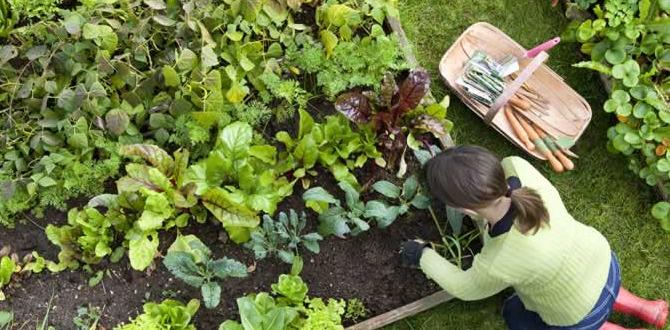
Gardening can be a fun group activity! Community gardens bring people together. They offer a shared space for planting and chatting. Everyone can pitch in and make new friends while digging in the dirt. Imagine planting tomatoes with your best buddy! It’s not only relaxing but also helps keep you active. Plus, family and friends can join in the fun. Invite them over, and watch the garden bloom—just like your relationships!
| Advantages of Community Gardens | Engaging Family and Friends |
|---|---|
| Builds friendships | Strengthens bonds |
| Encourages teamwork | Creates shared memories |
| Fosters a sense of community | Influences a healthier lifestyle |
So, grab a shovel and a friend! Garden together for fun, laughter, and a crop of joy.
Seasonal Gardening Tips for Seniors
Seasonal planting calendars. Winter gardening ideas for continued engagement.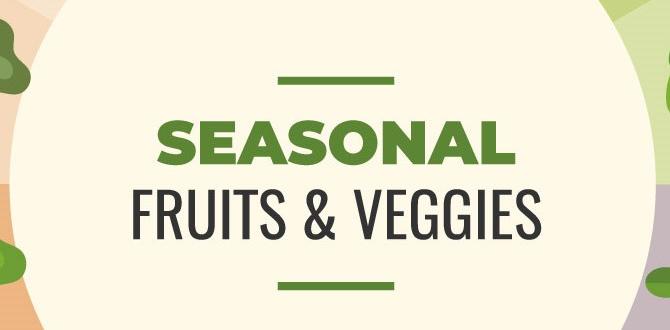
Planning a garden can be fun! Seasonal planting calendars help you know what to plant each month. For example, in spring, plant flowers and vegetables. In summer, keep watering your plants to help them grow. In winter, try indoor gardening. You can grow herbs like basil on a sunny windowsill. Here are some quick tips:
- Use pots for easy moving indoors.
- Keep plants near light.
- Start a small indoor herb garden.
Gardening keeps you active and happy all year long!
What plants can seniors grow in winter?
During winter, seniors can grow herbs like basil, rosemary, and mint. These are easy to care for and add flavor to meals.
Overcoming Challenges in Gardening
Solutions for mobility limitations. Strategies for dealing with changing weather conditions.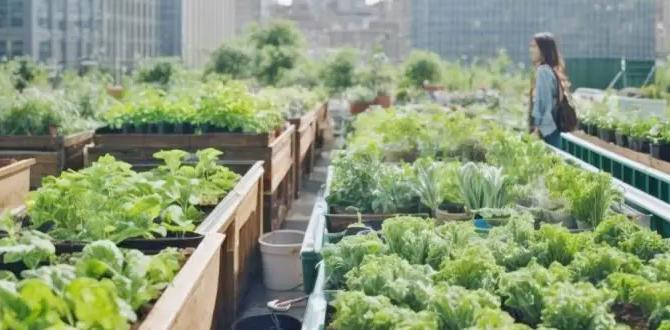
Gardening can be tricky, especially for those with mobility limits. But don’t fret! Use raised garden beds or pots to make everything easier to reach. Just think of them as your plant buddies, sitting up tall. Weather changes can also throw a wrench in your gardening plans. A simple solution? Use a weather app to check forecasts or have a backup plan for keeping plants cozy in bad weather. Remember, even plants like a good snuggle now and then!
| Challenge | Solution |
|---|---|
| Mobility Limitations | Use raised beds or pots |
| Changing Weather | Check forecasts & have coverings ready |
Gardening Programs and Resources for Seniors
Local organizations and support groups. Online resources and gardening communities.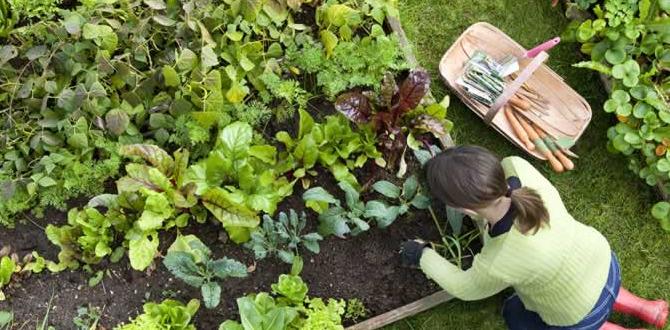
Many local organizations provide great support for seniors interested in gardening. These groups often offer classes and social events. They create a fun space for seniors to learn and connect. Online resources make gardening even easier. Websites and forums can give tips and answer questions. You can find communities that share your love for plants. Here are some resources:
- Community gardens for hands-on experience
- Senior centers with gardening workshops
- Online forums for advice and sharing
- Gardening apps to track progress
- Social media groups for inspiration
What are some online resources for seniors?
Online forums and gardening groups offer support, tips, and friendship. You can join discussions or ask questions. Plus, there are many gardening blogs with easy guides.
Conclusion
In conclusion, gardening is a great hobby for the elderly. It offers physical activity, mental stimulation, and connection with nature. You can grow flowers or veggies in your backyard or pots. Start small and enjoy the process. We encourage you to explore local gardening clubs or books to learn more. Gardening can really brighten your days!FAQs
What Are Some Suitable Gardening Techniques For Elderly Individuals With Limited Mobility Or Physical Strength?You can use raised garden beds to make planting easier. They let you stand or sit while gardening. Container gardening is another good choice. It lets you grow plants in pots, which are easier to move. Using tools with long handles helps you reach plants without bending over. You can also ask friends or family for help!
How Can Raised Garden Beds Or Container Gardening Benefit Seniors Who Enjoy Gardening?Raised garden beds and container gardening can help seniors garden more easily. These types of gardens are higher up, so you don’t have to bend down too much. This makes it less hard on your back and knees. You can also move containers around to find the best sunlight. Plus, they are easier to water and take care of!
What Are The Best Low-Maintenance Plants For Elderly Gardeners To Grow?Some great low-maintenance plants are succulents, snake plants, and pothos. These plants do not need a lot of water. They also grow well in different light. You can enjoy them without much work! Herbs like basil and mint are easy too and can be used in cooking.
How Can Gardening Be Adapted To Provide Therapeutic Benefits For Elderly Individuals Dealing With Anxiety Or Depression?Gardening can help older people feel better when they’re anxious or sad. You can make it easy by using raised beds so they don’t need to bend down much. Planting flowers and vegetables can give them something fun to care for. Being outside in the sun and fresh air is good for their mood, too. Plus, seeing plants grow can make them feel proud and happy.
What Safety Tips Should Elderly Gardeners Keep In Mind To Prevent Injuries While Gardening?When you garden, always wear sturdy shoes to protect your feet. Use gloves to keep your hands safe from cuts and dirt. Take breaks often to rest your back and legs. Drink water to stay hydrated, especially in hot weather. Finally, ask for help if something feels too heavy or difficult.
{“@context”:”https://schema.org”,”@type”: “FAQPage”,”mainEntity”:[{“@type”: “Question”,”name”: “What Are Some Suitable Gardening Techniques For Elderly Individuals With Limited Mobility Or Physical Strength? “,”acceptedAnswer”: {“@type”: “Answer”,”text”: “You can use raised garden beds to make planting easier. They let you stand or sit while gardening. Container gardening is another good choice. It lets you grow plants in pots, which are easier to move. Using tools with long handles helps you reach plants without bending over. You can also ask friends or family for help!”}},{“@type”: “Question”,”name”: “How Can Raised Garden Beds Or Container Gardening Benefit Seniors Who Enjoy Gardening? “,”acceptedAnswer”: {“@type”: “Answer”,”text”: “Raised garden beds and container gardening can help seniors garden more easily. These types of gardens are higher up, so you don’t have to bend down too much. This makes it less hard on your back and knees. You can also move containers around to find the best sunlight. Plus, they are easier to water and take care of!”}},{“@type”: “Question”,”name”: “What Are The Best Low-Maintenance Plants For Elderly Gardeners To Grow? “,”acceptedAnswer”: {“@type”: “Answer”,”text”: “Some great low-maintenance plants are succulents, snake plants, and pothos. These plants do not need a lot of water. They also grow well in different light. You can enjoy them without much work! Herbs like basil and mint are easy too and can be used in cooking.”}},{“@type”: “Question”,”name”: “How Can Gardening Be Adapted To Provide Therapeutic Benefits For Elderly Individuals Dealing With Anxiety Or Depression? “,”acceptedAnswer”: {“@type”: “Answer”,”text”: “Gardening can help older people feel better when they’re anxious or sad. You can make it easy by using raised beds so they don’t need to bend down much. Planting flowers and vegetables can give them something fun to care for. Being outside in the sun and fresh air is good for their mood, too. Plus, seeing plants grow can make them feel proud and happy.”}},{“@type”: “Question”,”name”: “What Safety Tips Should Elderly Gardeners Keep In Mind To Prevent Injuries While Gardening? “,”acceptedAnswer”: {“@type”: “Answer”,”text”: “When you garden, always wear sturdy shoes to protect your feet. Use gloves to keep your hands safe from cuts and dirt. Take breaks often to rest your back and legs. Drink water to stay hydrated, especially in hot weather. Finally, ask for help if something feels too heavy or difficult.”}}]}





